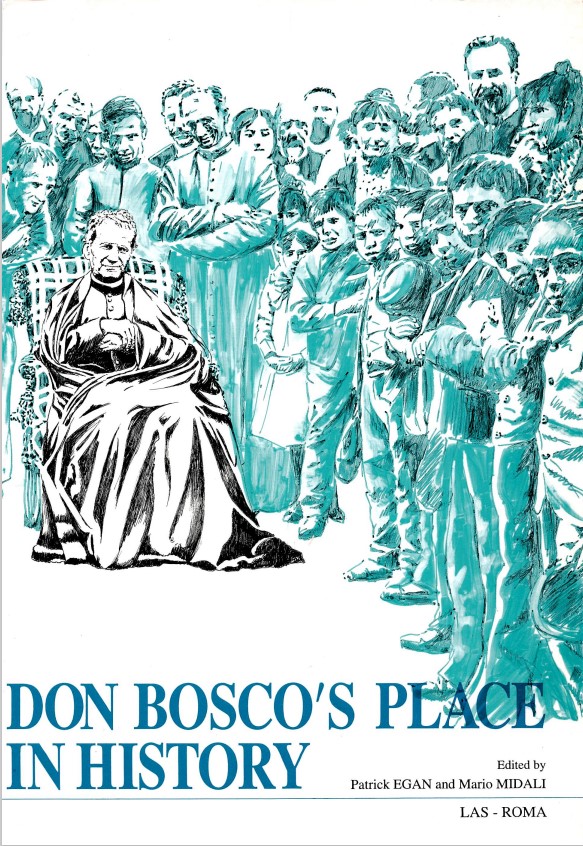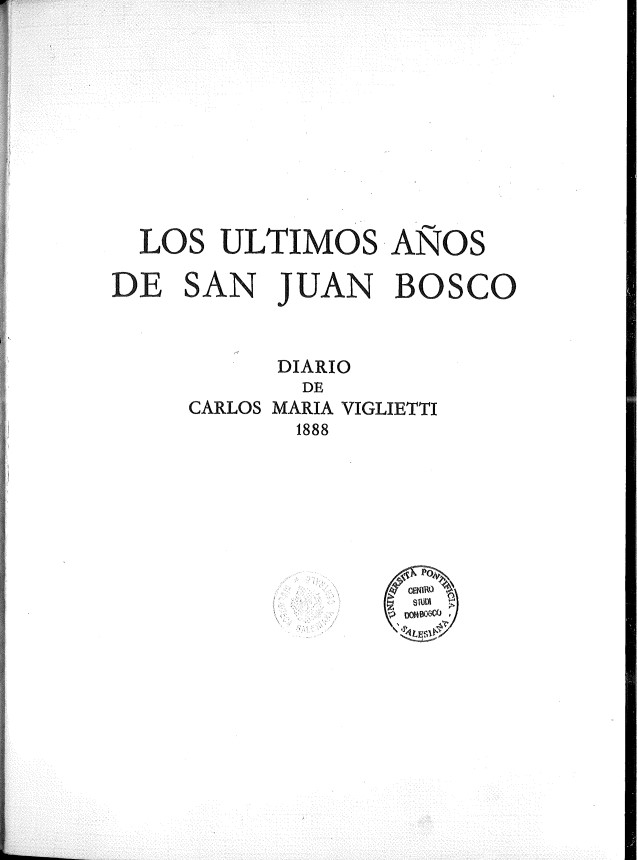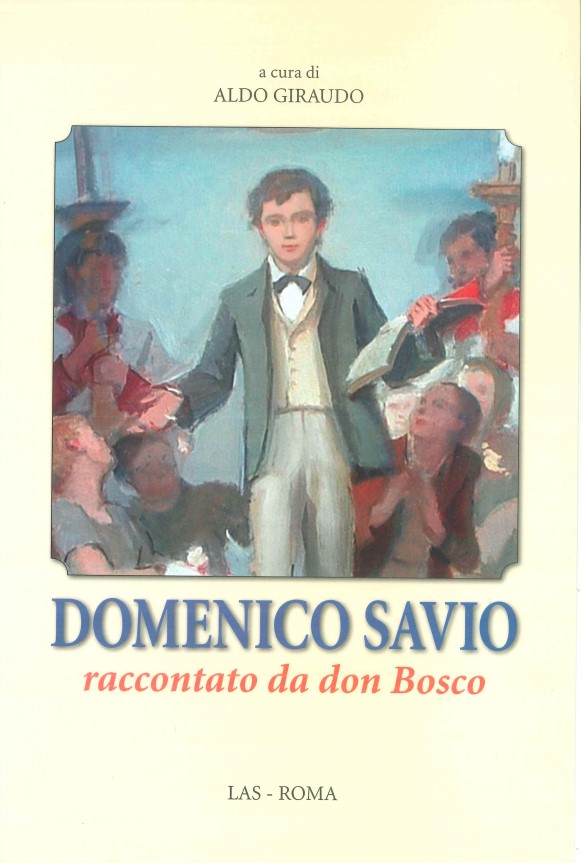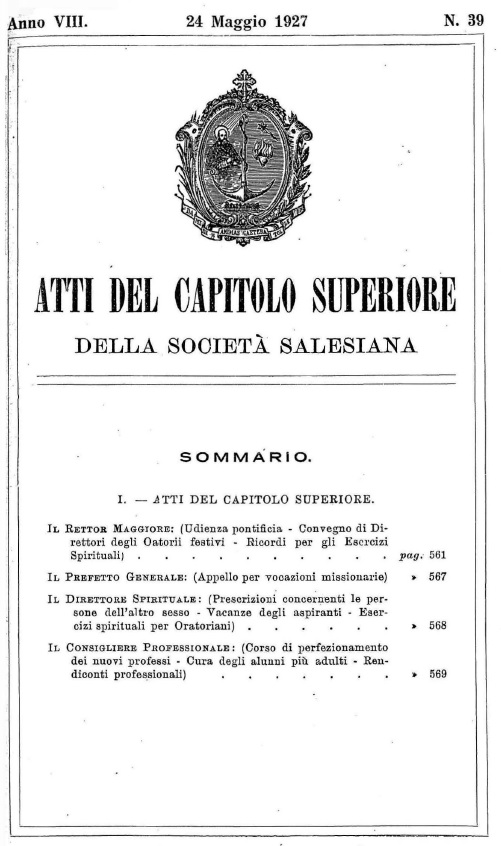The present essay focuses on Don Bosco’s decision to adopt Catholic popular theatre as a further educational tool, to the point that at a later time it becomes part of the methods of the Preventive System. The stage thus becomes, not only a place of learning for the spectators, but also for the actors themselves. The first theatrical performance, according to what is mentioned in Memorie, dates back to June 29, 1847.





